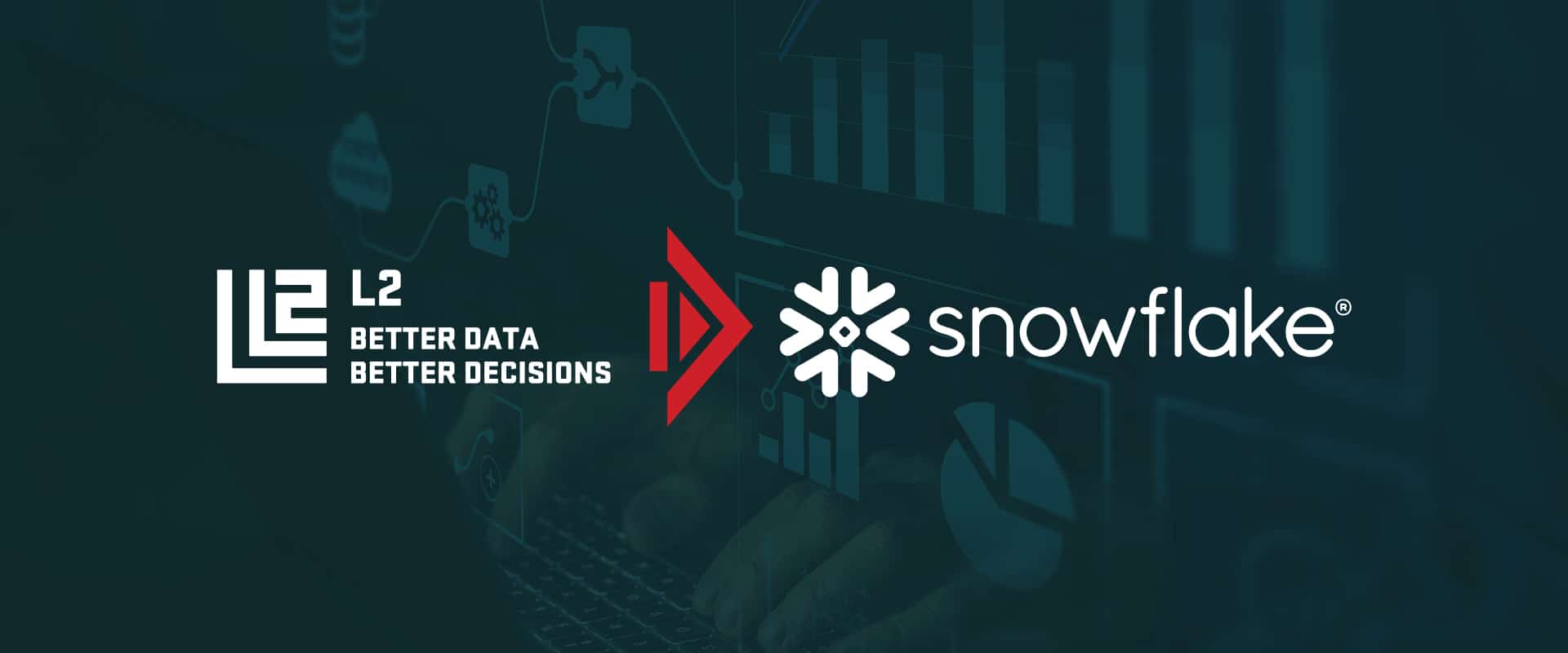
Enhanced consumer data provides like L2 have highly targeted ways to reach voters in a school board race. Sometimes, these contests are low-turnout races requiring the ability to reach a small targeted audience. Below are some fields with which to do that.
CLICK: Utilize L2’s thousands of local school district data in L2 DataMapping today!
- Voter history and turnout patterns: Focus on high-propensity voters who have a history of participating in local and school board elections.
- Demographic information: Analyze voter data to understand the demographic makeup of the district, including factors like age, parental status, and location within the district.
- Party affiliation or political leanings: While school board races are often nonpartisan, understanding the political leanings of voters in different areas can help tailor messaging.
- Issues of importance: Collect data on what education-related issues are most important to voters in your district.
- Early voting data: Use information on who has already voted early or by mail to adjust campaign strategy in the final days.
- Geographic targeting: Focus efforts on specific regions or neighborhoods within the school district.
- Voter attributes: Consider factors like registered voters of another political party, infrequent voters, or independents when building a persuasion audience.
- County characteristics: Research shows that win rates for certain types of candidates can vary significantly between politically conservative, moderate, and liberal counties.
- Urban/suburban/rural distinctions: The effectiveness of certain campaign strategies may differ based on whether an area is urban, suburban, or rural.
- Voter contact information: Having accurate phone numbers, email addresses, and mailing addresses allows for more effective outreach.
By leveraging these data points, candidates can create targeted voter universes, tailor their messaging, and focus their limited resources on the voters most likely to participate and be receptive to their campaign. It’s important to note that the specific data available and its use may be subject to legal and ethical considerations, so campaigns should ensure they comply with all relevant regulations.






